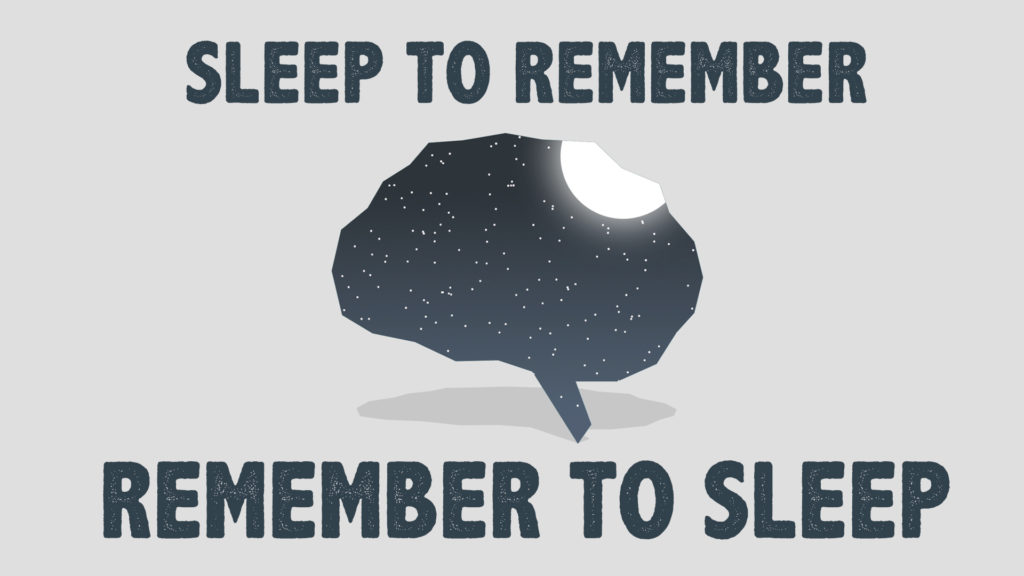The benefits of a good night’s sleep

Have you heard the poem “Early to bed, Early to rise”? Turns out, there’s a science to that!
Sleep plays a crucial role in our lives. Not only is it necessary for the maintenance of our physical health, but it is also needed for the better functioning of our brain. Sleep deprivation or lack of sleep is a serious issue that has negative health implications. So, if you’re not completing your sleep cycle for a requisite number of hours, the chances of you suffering from diabetes, high blood pressure, heart diseases or other mental disorders rise rapidly.
As they say, “Prevention is better than cure”, if you want to avoid these health hazards, then we suggest you to have a good night’s sleep.
Contents
Reparation during Sleep Process
Although you might be in a dreamland of your creation during this period, your body doesn’t sleep for even a second. The body works its magic during these hours by balancing and regulating your vital systems so that they can function normally and efficiently.
The Role of Memory: Short-Term Vs Long-Term
As you sleep, your body’s circulatory blood travels to the brain which further helps in the restructuring process, which in turn is responsible for our memory remaining intact.
The phenomenon known as the Forgetting Curve detailed out by psychologist Herman Ebbinghaus mentions that our brain starts losing information if its not retained. However, this can be prevented through the process of Memory Consolidation which basically transforms information from being a short-term memory to a long-term one. This important process is carried out by a part of the brain known as the Hippocampus.
Whatever information is taken in by the brain, it is initially held in by the neurons on a temporary basis, which then serves as our short-term memory. Thereafter, it moves on towards the Hippocampus which works to strengthen the neurons through the phenomenon Neuroplasticity. During this process new connections are built between neurons which results in a strong neural network. This furthermore acts as the long-term memory.
Why do we remember certain things and not others?
The Hippocampus is linked with emotion. So, all our memories that were retained by the brain during moments when we experienced extreme feelings like fear, stress or even happiness, would be recorded as long-term memory.
The Different Stages of Sleep
We already know that Memory Consolidation is facilitated by a good night’s sleep, so let’s try and understand its various stages.
There are four stages of sleep namely- Stage 1, Stage 2, Slow Wave Sleep and Rapid Eye Movement (REM). Out of these four, the last two are the deepest ones. Each of these stages helps to consolidate different types of memories.
Declarative Memory, which consists of facts is stored in the Hippocampus during the Slow Wave Sleep. On the other hand, Procedural memory, which reminds you how to do certain things like play a piano, is stored during the REM.
This means that in order for better restructuring in your brain or better Memory Consolidation, a good night’s sleep is a must!






Responses